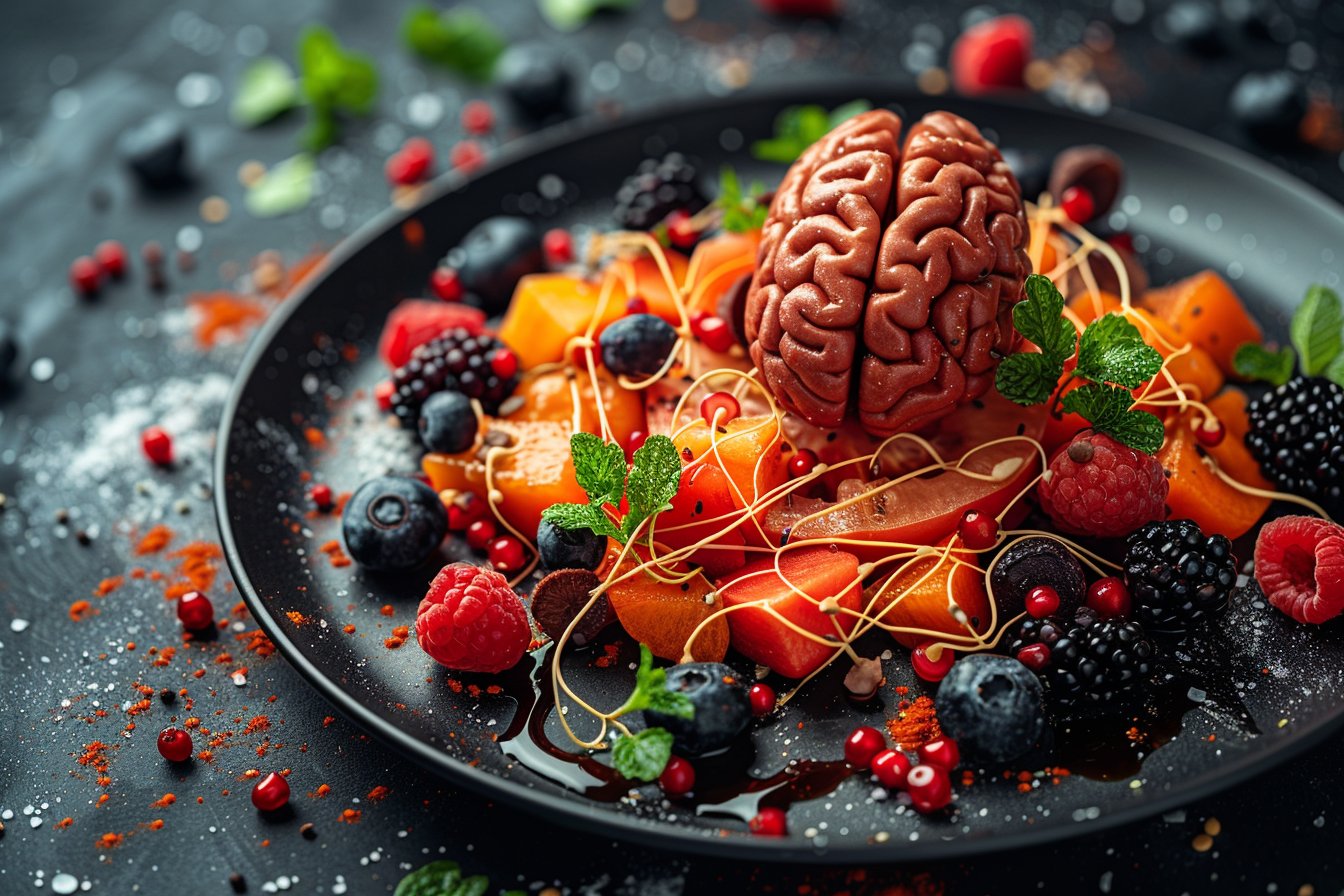Food plays an indispensable role in our lives, providing both sustenance and enjoyment. Eating a balanced and varied diet is essential for maintaining overall health and well-being. In this article, we will explore five key importance of food, including how it fuels our body, supports physical growth, bolsters mental health, strengthens our immune system, and impacts our social connections.
Fueling the Body with Energy and Nutrients
At its most basic level, food is our primary source of energy. The human body needs a constant supply of calories to function optimally – from walking to breathing, every action requires fuel. Specific nutrients like carbohydrates, fats, and proteins serve as the building blocks of energy production.
Carbohydrates: Quick and Steady Fuel
As one of the main sources of fuel, carbohydrates are quickly converted into glucose by the digestive system. This substance provides rapid energy and can be stored in the liver or muscles for use later. Foods rich in complex carbohydrates, such as whole grains and legumes, provide a steady release of energy throughout the day, promoting stable blood sugar levels.
Fats: Long-lasting Energy Reservoir
Fats are essential for normal physiological function, serving as a dense form of energy storage. When consumed, they slow down the rate of digestion and thus allow for a continued release of energy over time. Unsaturated fats found in nuts, seeds, and fish offer numerous health benefits when consumed in moderation.
Proteins: Aids in Muscle Building and Repair
Proteins act as the main structural component of the body’s cells and tissues. Consuming quality sources of protein such as lean meats, poultry, fish, and plant-based alternatives, enables the body to repair damaged tissues and maintain healthy muscle mass.
Nourishing Growth and Development
Proper nutrition is essential for physical growth during different life stages. A balanced diet consisting of various food groups is crucial for providing the necessary nutrients needed by the body. These include:
- Vitamins and minerals: indispensable in supporting a multitude of biological processes such as bone health, immune response, and metabolism regulation.
- Dietary fiber: important for maintaining gut health, digestion, and potentially preventing chronic diseases like heart disease or diabetes.
- Water: vital for organ function, nutrient transport, and waste elimination.
The consumption of a variety of foods ensures that the body receives all the critical nutrients required for optimal functioning.
Fostering Mental Health and Clarity
The relationship between food and mental well-being is often overlooked, but it can have considerable effects on mood and cognitive function. There is an intricate connection between what we eat and how we feel. Nutrient-dense foods that are high in vitamins, minerals, and antioxidants play a role in reducing inflammation, promoting neurotransmitter production, and protecting brain cells from damage:
- Omega-3 fatty acids found in fish and chia seeds help with brain development and may reduce the risk of depression or anxiety.
- B vitamins, present in whole grains and lean proteins, can improve cognitive performance and stabilize mood swings.
- Foods rich in antioxidants, such as fruits and vegetables, contribute to overall brain health and protection against age-related decline.
Boosting Immunity and Protecting Against Disease
A well-rounded diet also plays a pivotal role in fortifying the body’s natural defense against infections and diseases. The immune system relies on proper nourishment to defend against pathogens and maintain overall health:
- Vitamin C found in citrus fruits, broccoli, or strawberries bolsters the production of white blood cells, which fight off infections.
- Probiotics found in yogurt and fermented foods can improve gut health, where most of the body’s immune function takes place.
- Zinc, prevalent in nuts, seeds, and shellfish, aids in wound healing and strengthening the body’s protective barrier.
Enhancing Social Connections and Cultural Experiences
Finally, it is worth appreciating how food transcends its primary purpose of providing essential nutrients to satisfy deeper emotional and social needs. Mealtimes provide an opportunity for family bonding, delivering comfort, and nurturing relationships:
- Gathering around the dining table fosters social interaction, emotional connection, and facilitates communication between loved ones.
- Celebrating special occasions with festive dishes helps to strengthen familial bonds and create cherished memories.
- Exploring diverse cuisines enables individuals to understand different cultural traditions, fostering connections and building empathy.
In conclusion, food is vital not only for our physical health but also for our mental well-being, immunity, and social connections. A balanced diet that incorporates a variety of nutrient-rich foods ensures that we are properly fueled, thriving, and healthy in all aspects of our lives.






